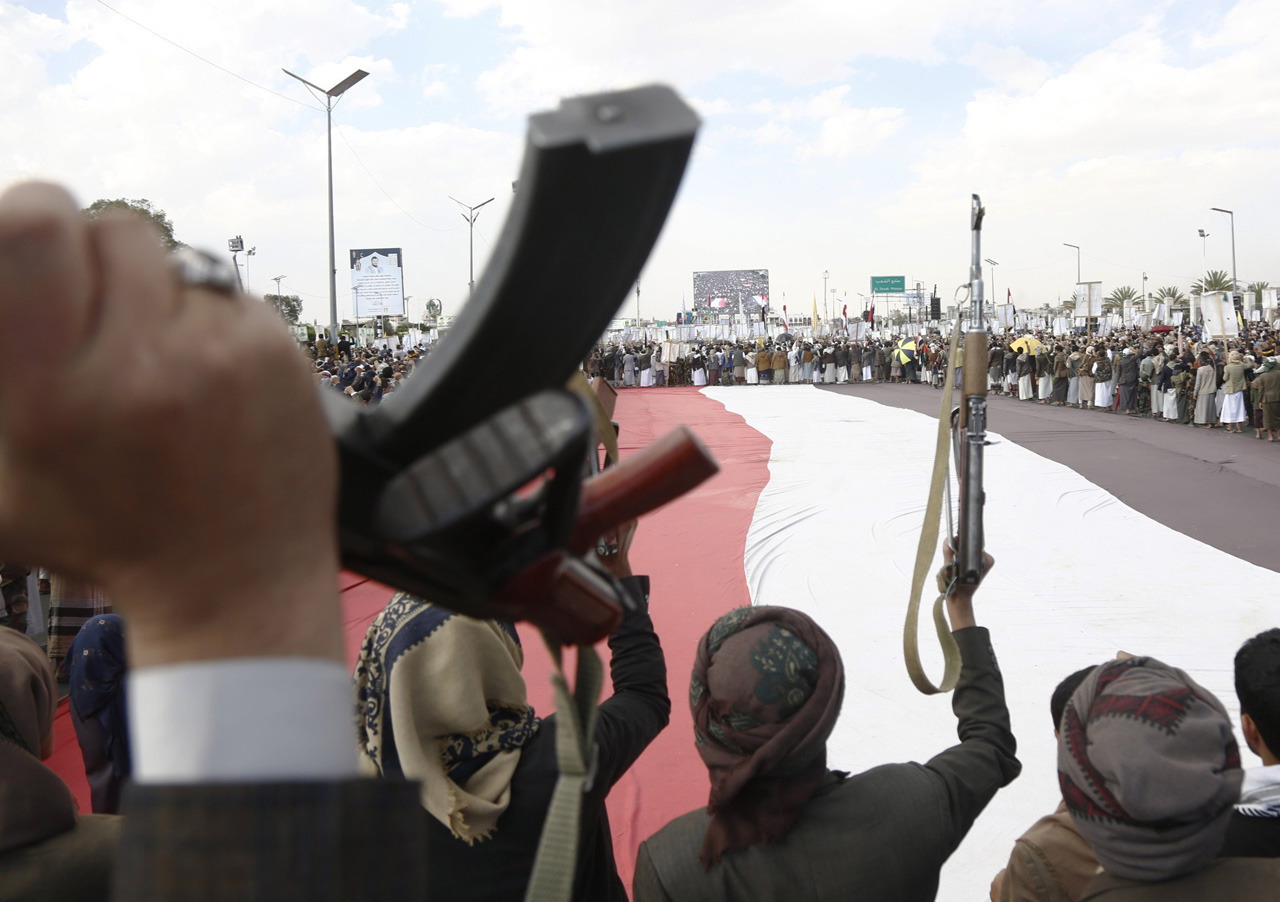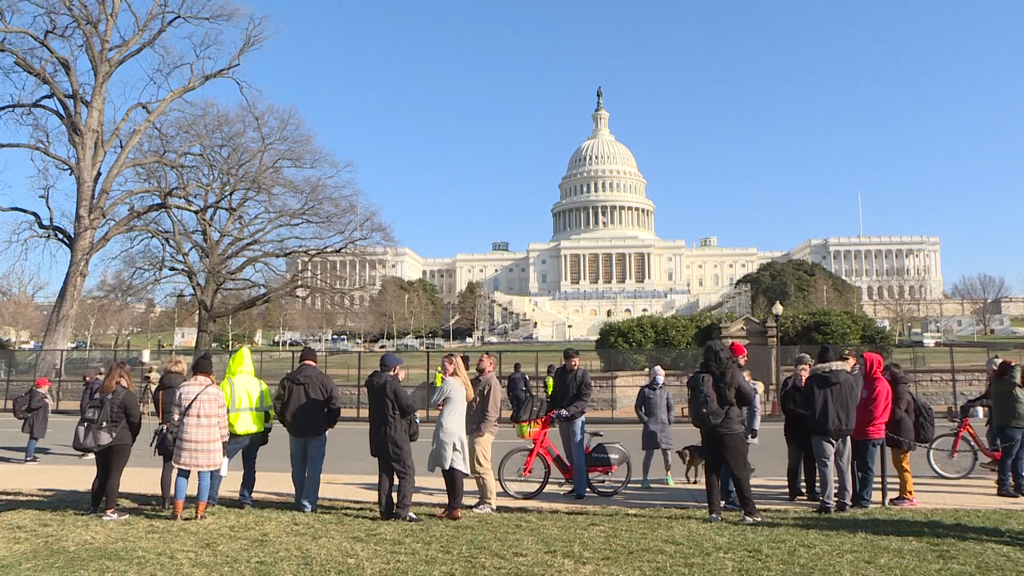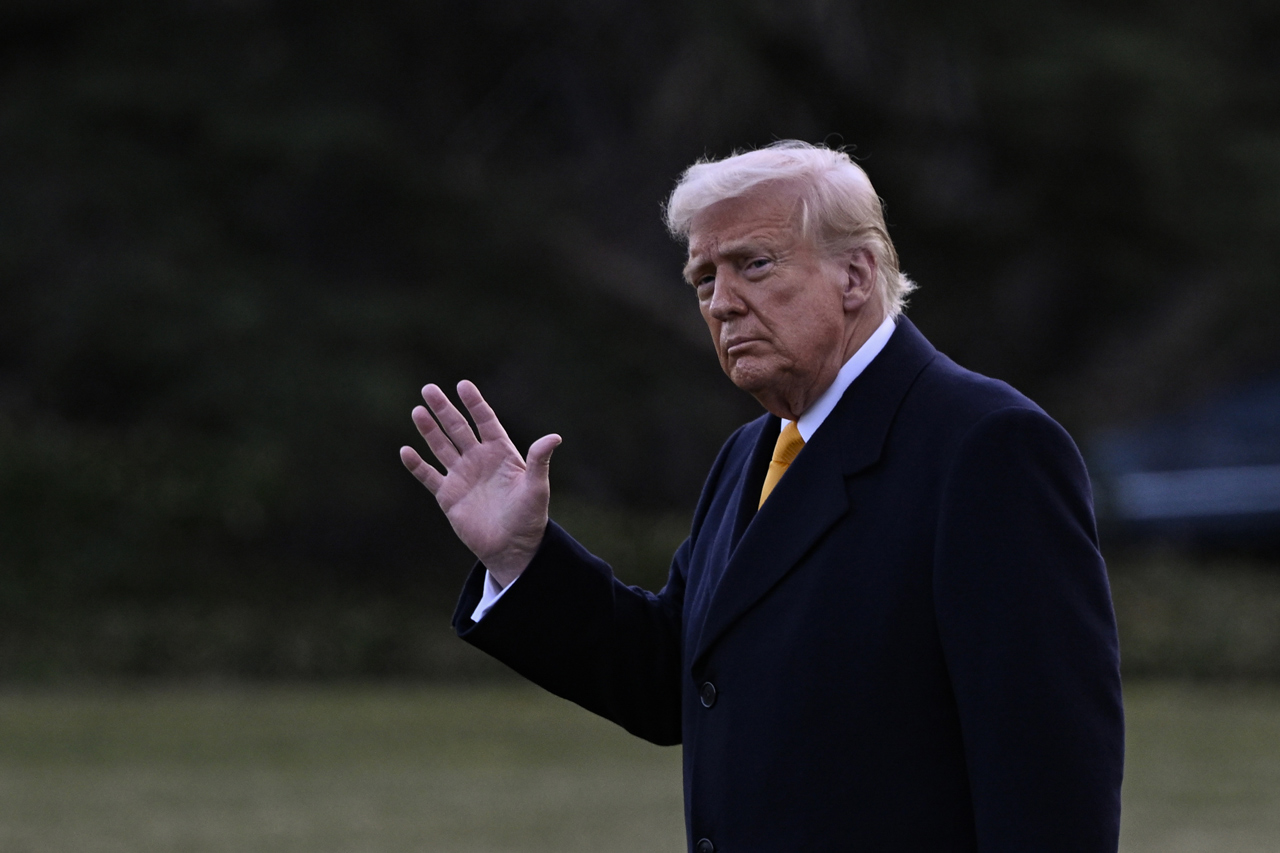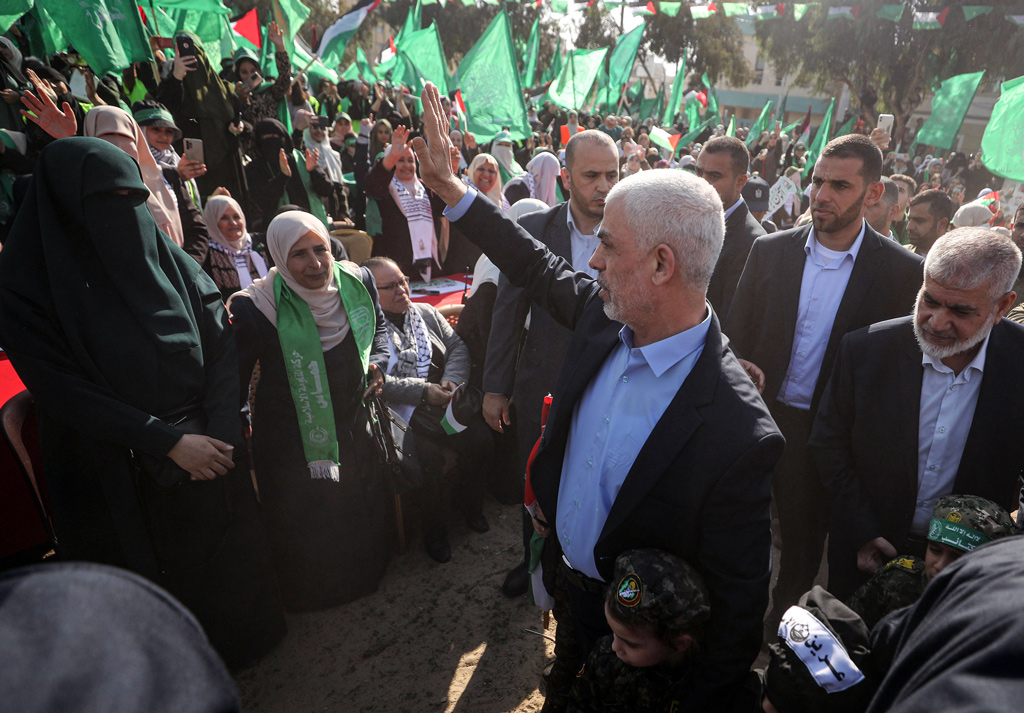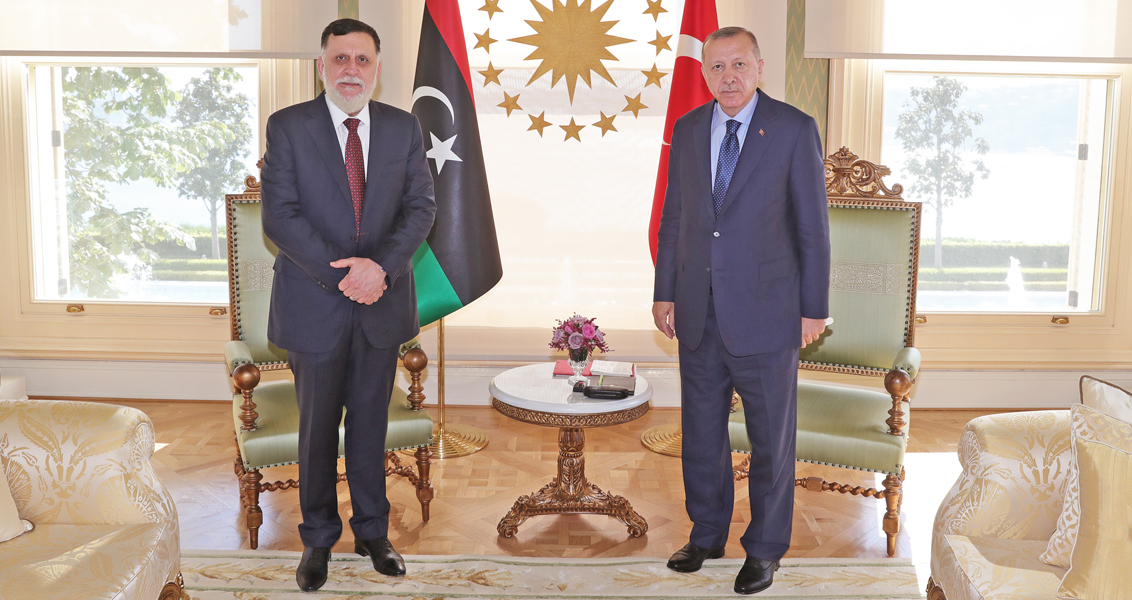
A Vortex Of Conflict the Evolving Dynamics of Turkey’s Involvement in Libya
The analysis discusses the evolving dynamics of Turkey’s military involvement in Libya, laying out Turkey’s motivations for supporting the UN-recognized government in Tripoli, and examining how Turkey’s recent military achievements on the ground may leverage its hand diplomatically to secure a political settlement that protects its interests in Libya and in the Eastern Mediterranean.
The analysis discusses the evolving dynamics of Turkey’s military involvement in Libya, laying out Turkey’s motivations for supporting the UN-recognized government in Tripoli, and examining how Turkey’s recent military achievements on the ground may leverage its hand diplomatically to secure a political settlement that protects its interests in Libya and in the Eastern Mediterranean.
On November 27, 2019, Turkey signed a maritime delineation and defense cooperation agreement with the UN-recognized Government of National Accord (GNA) based in Tripoli, and subsequently, in January 2020, deployed troops to Libya with parliamentary approval, becoming the first foreign actor to intervene openly in the Libyan conflict upon the formal invitation of the internationally recognized government. The primary reason for Turkey’s military involvement in Libya is protecting its geostrategic interests in the Eastern Mediterranean. By backing the Libyan government, the only Turkish-friendly government from a maritime perspective in the region, Ankara aims to break through an “anti-Turkey front” led by France, Greece, and the Greek Administration of Southern Cyprus that seeks to box Turkey in a small corner of the Mediterranean, and thus exclude it from the newly discovered natural gas bonanza in the region. To a lesser degree, Turkey’s involvement in Libya is also motivated by its commitment to counter dictatorial regimes (bankrolled by the United Arab Emirates) and support majority rule in Middle Eastern countries, and finally, by its goal to recoup billions of dollars in unfinished construction contracts signed by Turkish construction companies under the Gaddafi regime.
In a period of six months (January-June 2020), Turkish intervention in support of the GNA has stunningly turned the tide in Libya’s civil war by rolling back renegade warlord Khalifa Haftar’s Tripoli offensive and by capturing key coastal towns in western Libya and the two main launch pads for Haftar’s offensive, the al-Watiya Air Base and Tarhuna. Key to this transformation has been Haftar forces’ loss of aerial superiority due to the deployment of Turkish Bayraktar TB2 drones in the skies over Tripoli and, to a lesser extent, the deployment of a significant number of Turkish-backed fighters in the GNA ranks.
Notwithstanding the most recent deployment of Russian air power in support of Haftar to counterbalance Turkish aerial dominance, Turkey’s military achievements on the ground thus far leverage its hand diplomatically to secure a political settlement that protects its geostrategic interests in Libya and in the Eastern Mediterranean. The analysis concludes by pointing out that Turkey should ensure that the GNA retains the key role in any future political and security arrangement in Libya, and that the maritime delimitation deal Ankara signed with Tripoli remains intact. To achieve this end goal, Turkey for the moment should continue to support the advancement of the GNA forces and should try to pull the EU and the US to its side.
Tags »
Related Articles



